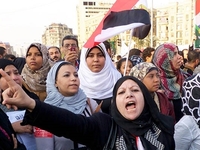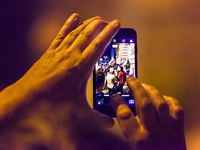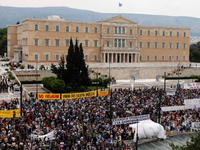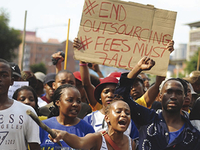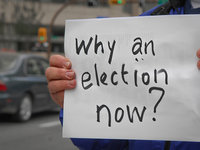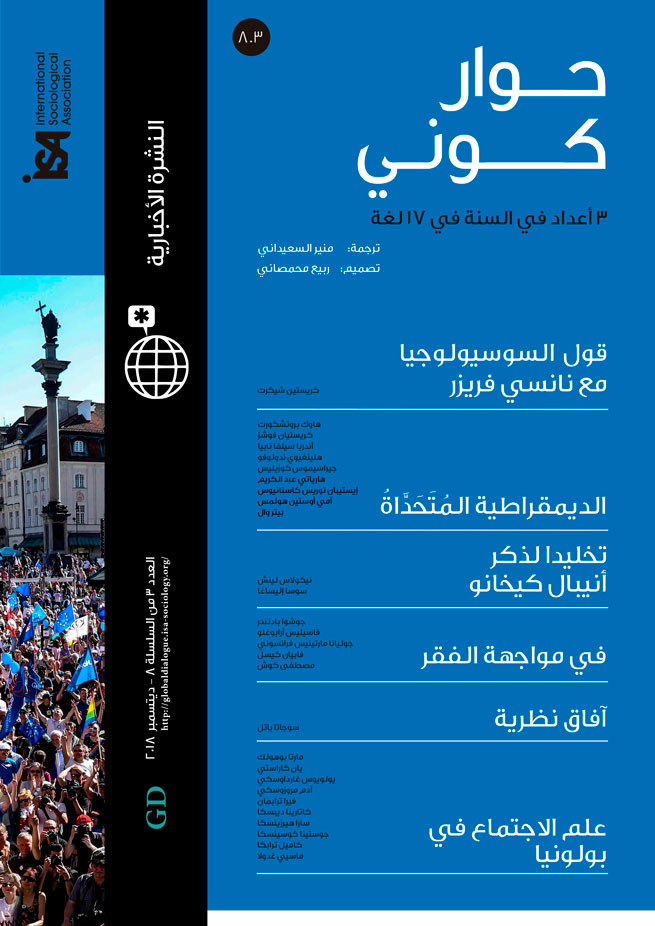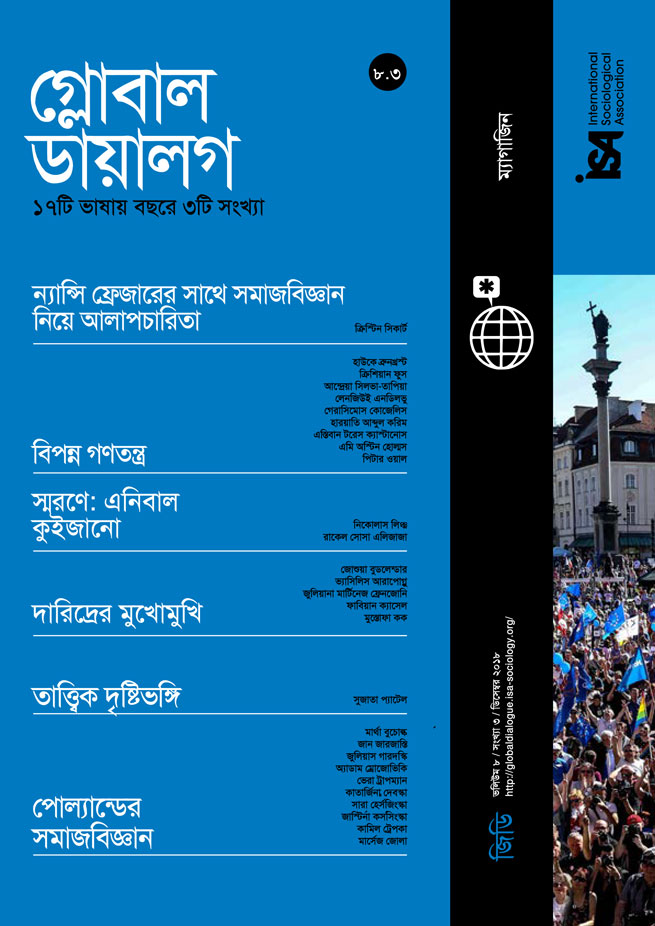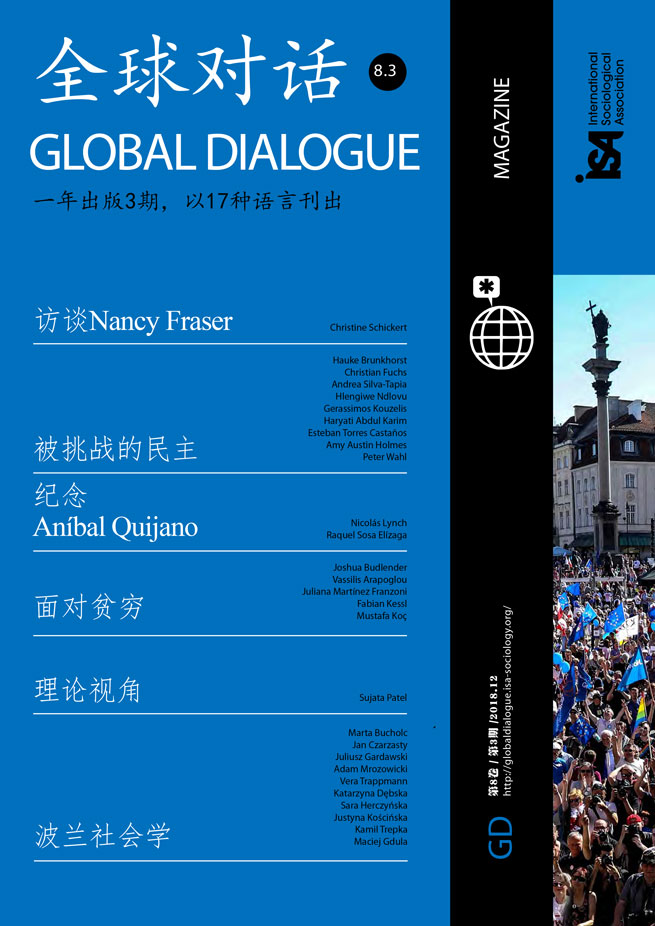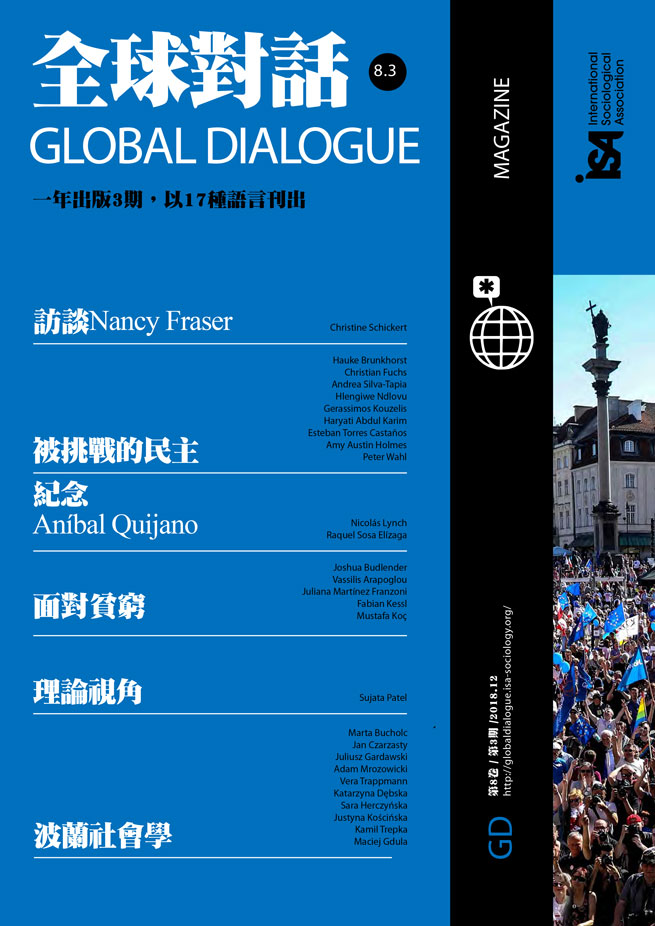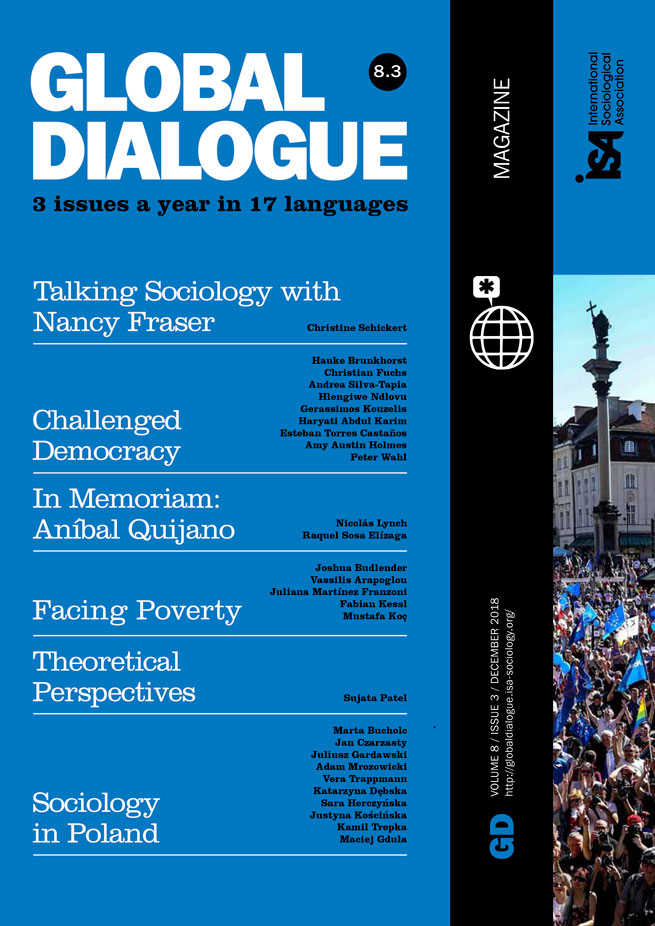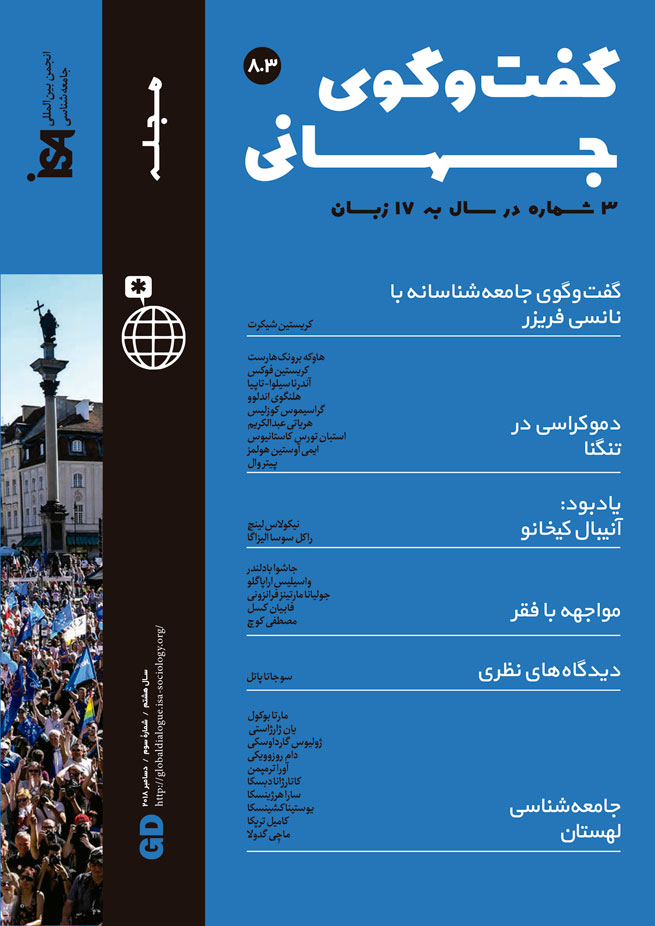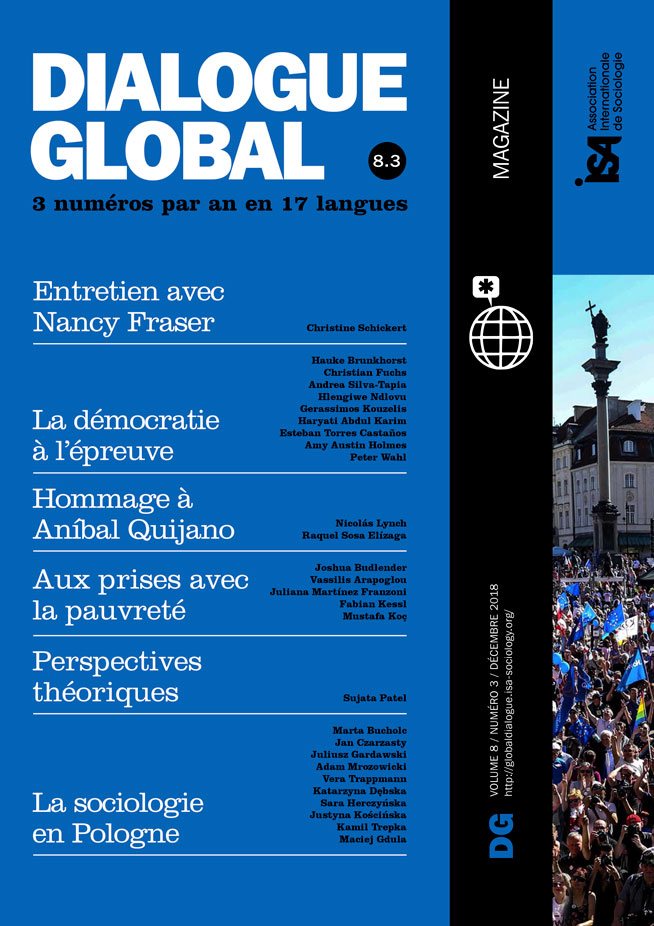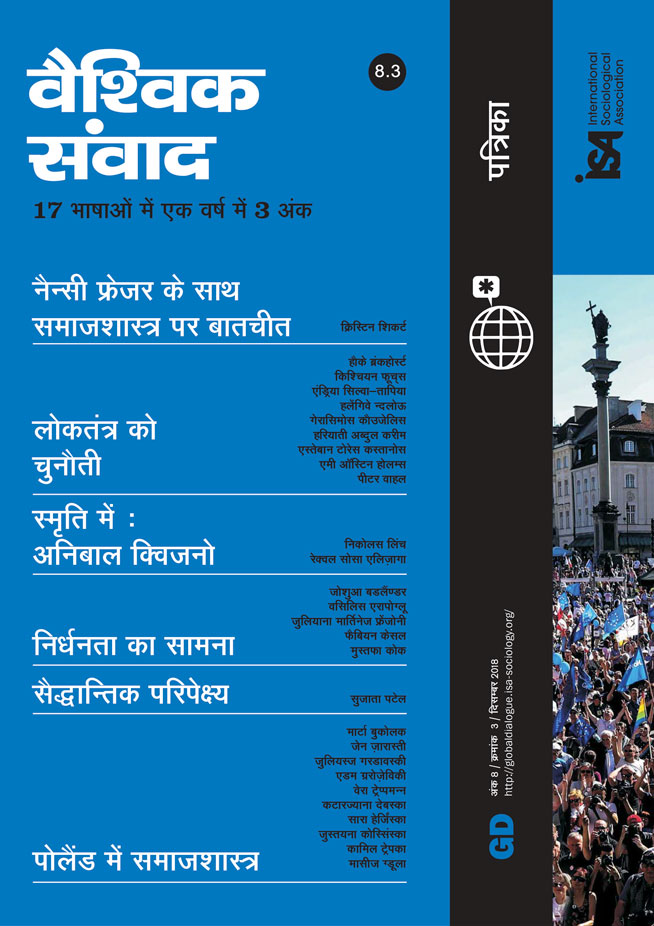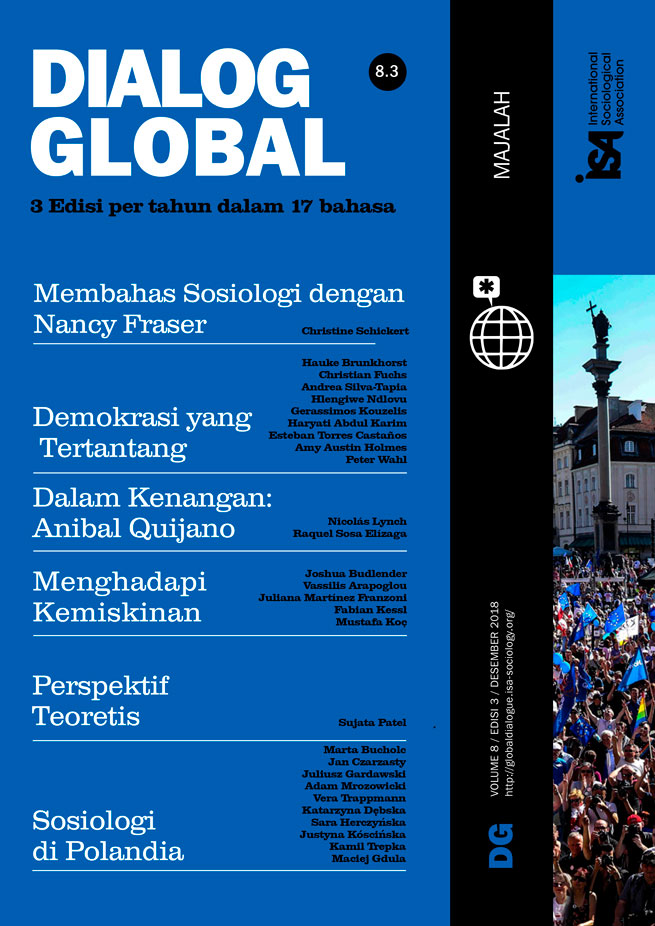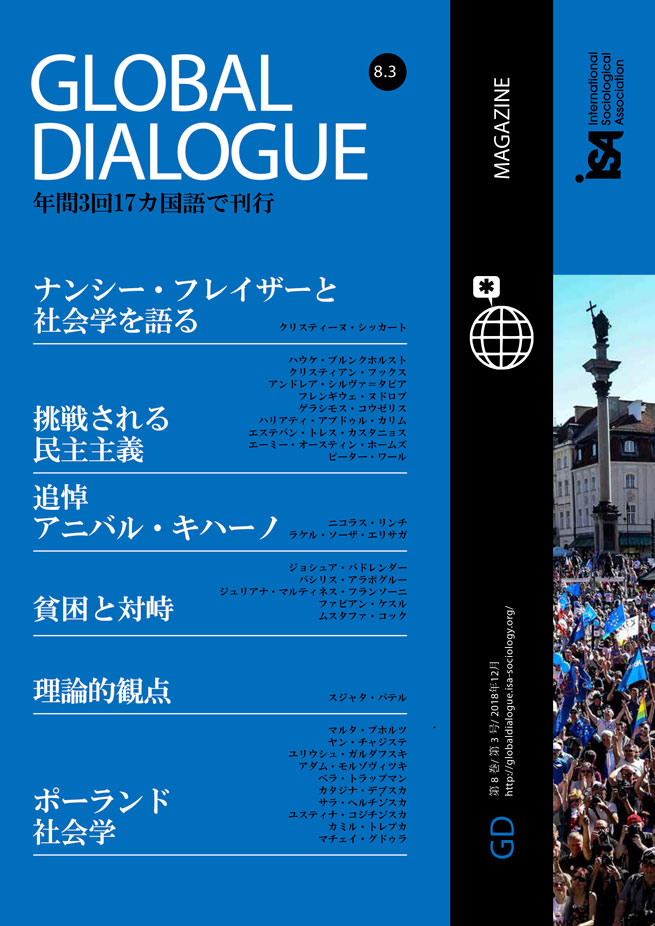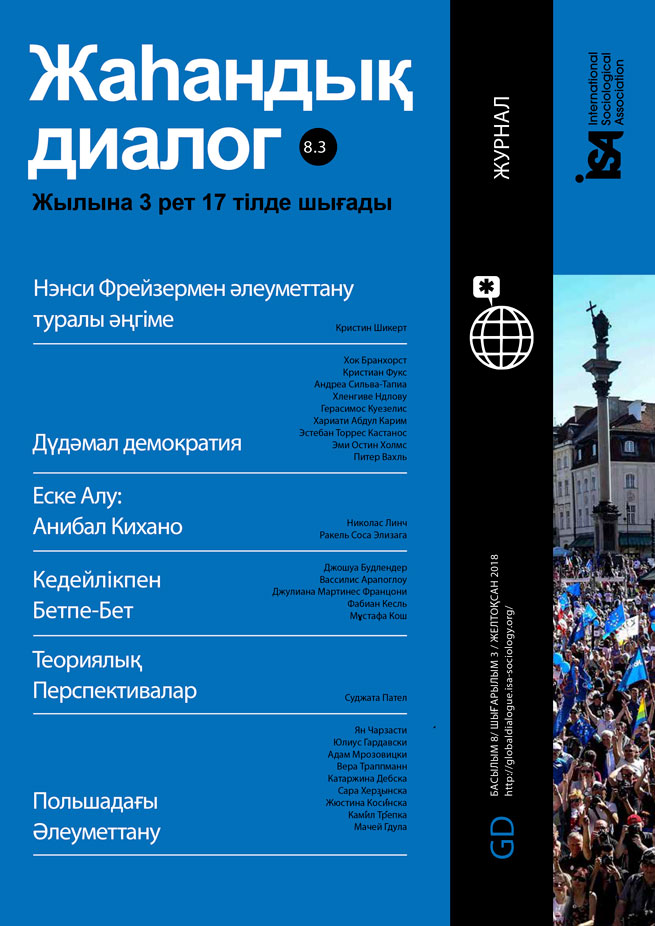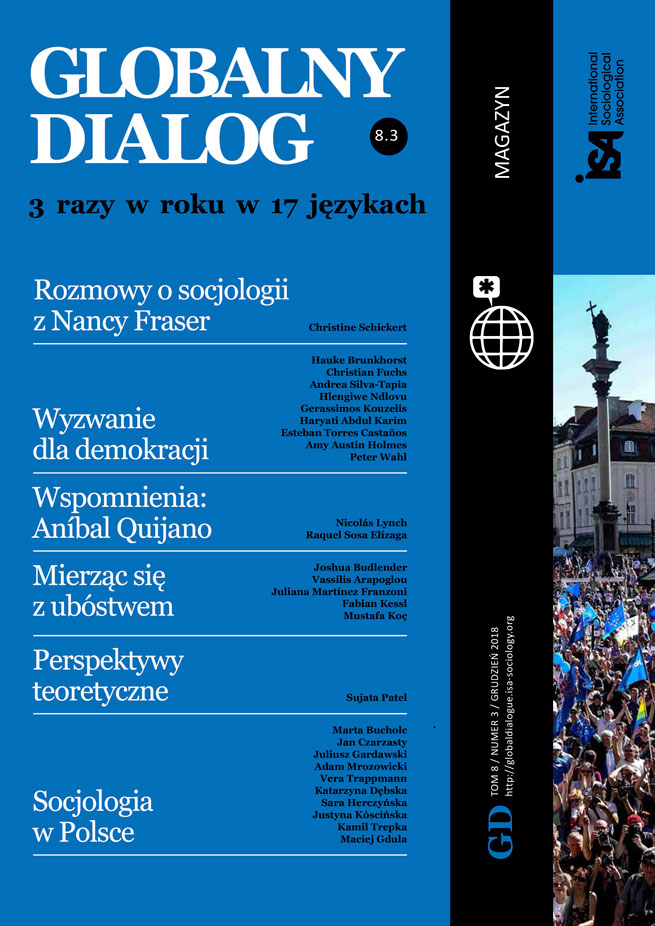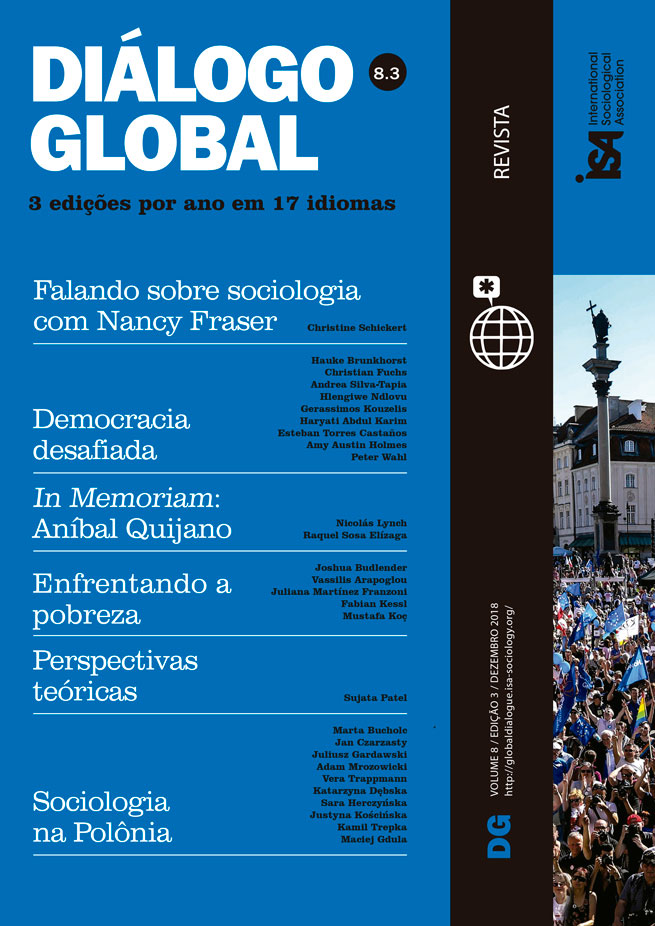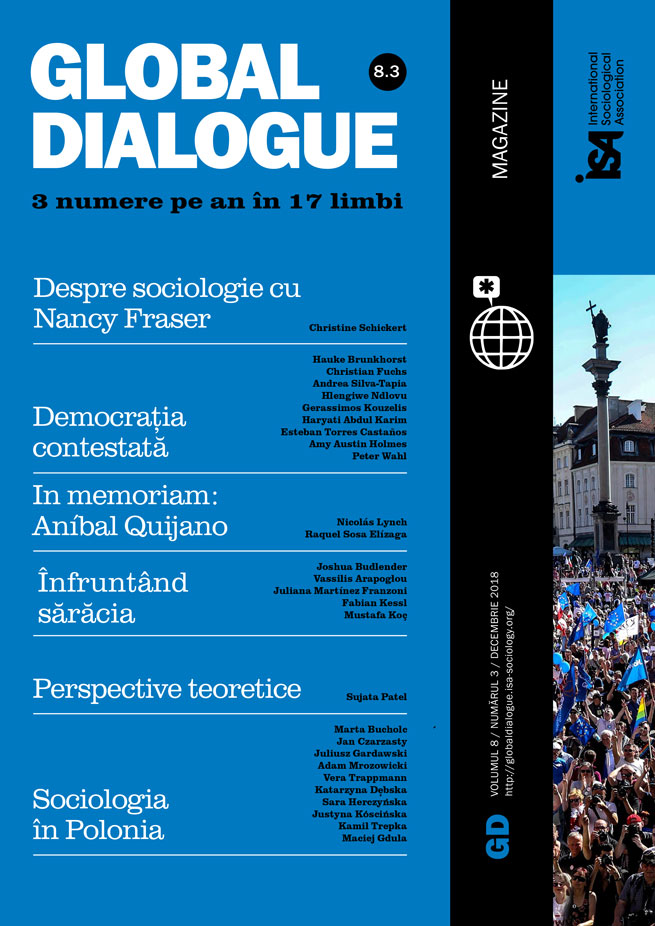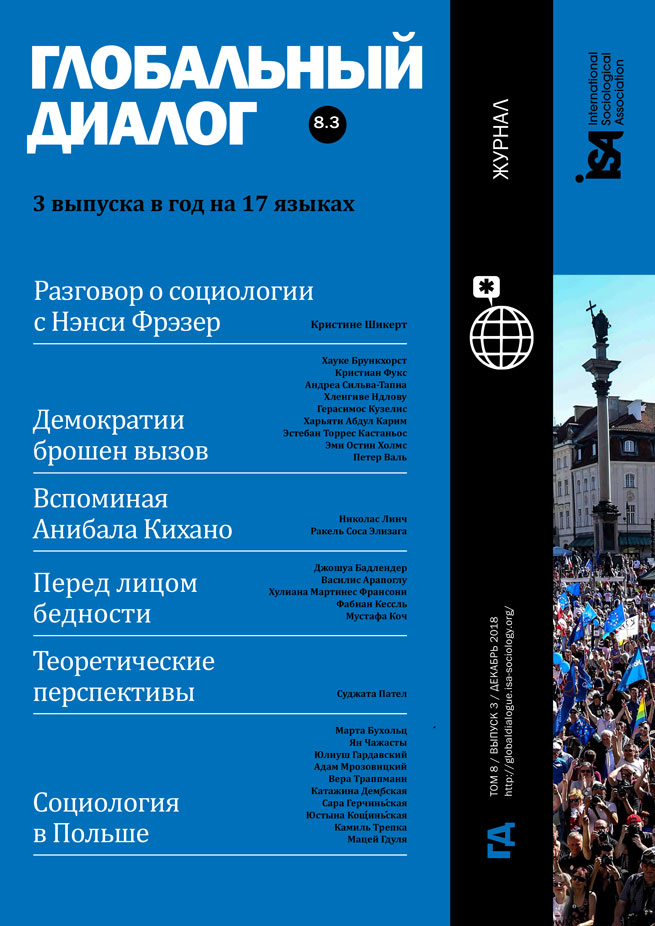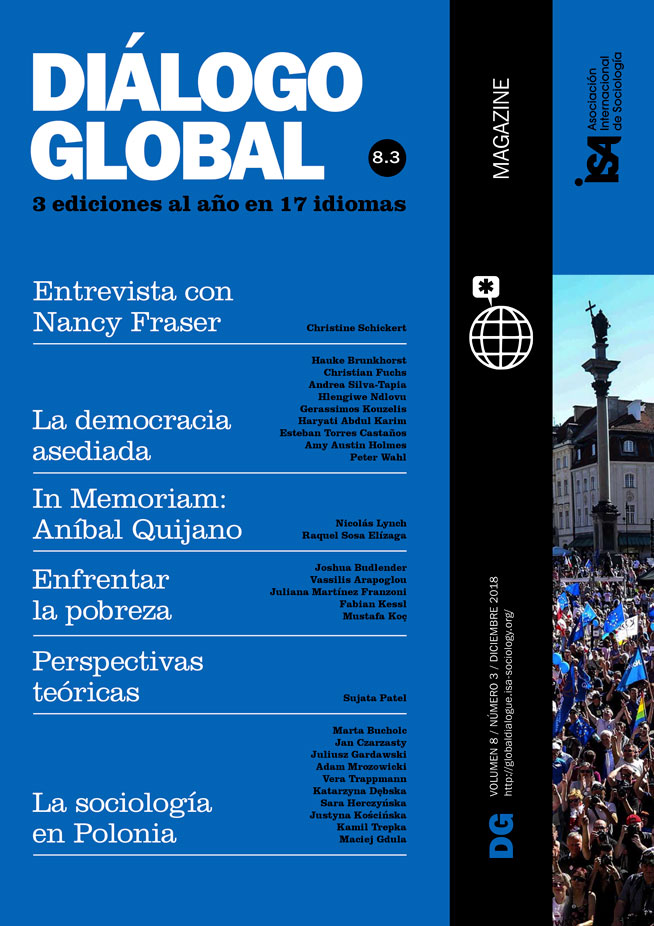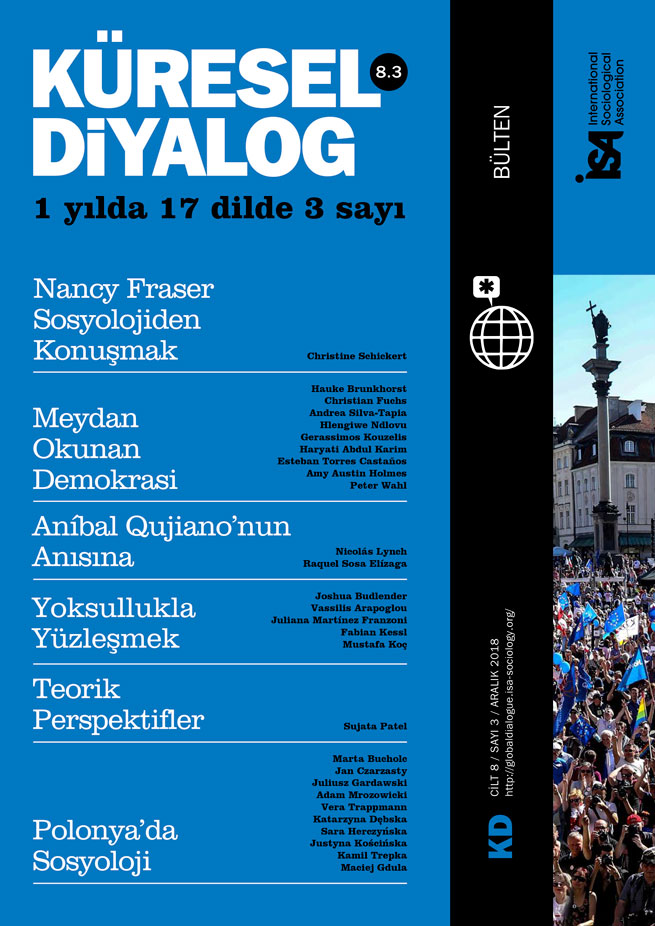Citizenship and nation-state building in a still colonial world
Citizenship as a concept is ambiguous and the debate over its meaning is rather broad. While for some the term refers to a purely legal status given by nationality or country of belonging, for others it connotes a form of identity. Merging various definitions and following diverse authors like T.H. Marshall, Margaret Somers, T.K. Oommen, Engin F. Isin and Patricia K. Wood among others, citizenship can be described as a modern form of membership in a political and geographical space. Therefore, the concept of citizenship expresses legal and symbolic belonging to a nation-state. This seems a simple definition but it becomes more complex if we consider the historical context in which the concept of citizenship emerges.
Citizenship in its modern form developed hand in hand with the genesis of the nation-state. Citizenship is a concept simultaneously related to modernity, nation-state building, and a sense of belonging. This can be traced back to the late eighteenth-century idea of a nation-state, expressed in the French and the US revolutions and the independence of colonial states, which followed the same nation-state building pattern. A modern nation-state was defined as an independent state, with a written constitution, and ruled in the name of equal citizens. The principles of legitimacy, thus, changed from monarchy (or Divine Right) to the representation of a nation of equal citizens. However, these concepts of citizenship and nation-state are based in a singular (Eurocentric) way of building a nation-state, where coloniality strongly operated and still operates.
Illegitimate citizenship is another way of naming a colonial citizenship inserted in our current patriarchal, Eurocentric, and Christian-centered world-system. This colonial world-system operates through global racial/ethnic hierarchies, which determine which groups deserve prestige and which do not. Anja Weiss argues that we can talk about racism “when a long-term and stable marker pretends to make alleged otherness visible and is impacting on social classifications, practice and institutions in a manner that attributes lesser rights to collectives of that category, irrespective of whether this marker refers to biological or other kinds of stable difference.” This ethnicized or racialized citizenship is experienced not only by indigenous and minority ethnic groups around the world, but also by migrants who suffer an ethnicization/racialization process, as happens with Turks in Germany or Latin Americans in the US. This ethnicization process means that a group is devalued and constituted as a homogeneous group due to its racial or cultural characteristics.
In this idea of the nation-state in a Eurocentric world-system, the nation is the essence on which modern states are built and the basis of their legitimacy. The relationship between nation and modern states seems evident and is usually not questioned in our daily lives. We often use the terms “nation,” “state,” and “country” interchangeably. And sometimes we even consider citizenship as a synonym for all of them.
Legitimate and illegitimate citizens
People integrating the nation as a homogenous cultural group are considered legitimate citizens, while ethnicized citizens are considered illegitimate ones. The latter are considered as citizens of the country but not the legitimate or “real” ones. This illegitimacy related to ethnicization and race devaluation is a specific type of inequality that affects people’s dignity and the opportunities available to them and leads to discrimination and humiliation. This inequality started as a citizenship inequality with the birth of the nation-state, but it follows classifications and structures that come from before (pre nation-state or colonial times). The leaders of the nation-state building or independence movement promoted a homogenous national identity that left many particularities aside, as happened with the case of Mapuches (an indigenous people in Chile), or Northeasterners in India (who represent several different ethnic groups in India, but are stereotyped and excluded in much the same way) and as happens today with ethnicized migrants (such as Turkish migrants in Germany). Mapuches in Chile and Northeasterners in India live in areas with less industrial development, where there are also fewer employment and educational opportunities. Both groups experience a series of conflicts with the state and police (in the case of Northeasterners even with the army) and their identity is confronted by the hegemonic national identity. In the case of Northeasterners, they also face violence and harassment from the rest of the population, especially when they leave the Northeast and migrate to cities like Delhi, Mumbai or Bangalore.
Legitimate and illegitimate citizens are two types of citizens, despite the legal recognition of both. However, the belonging dimension is only recognized for the former, relegating the latter as secondary. Illegitimate citizens “lack” something, their culture and behavior is seen as incomplete, and this provokes discrimination and humiliation that are invisible to the rest of society.
Consequences for democracy
Citizenship is a concept referring to individuals but when it is racialized or ethnicized, the individuality of the subjects is taken away. The racialized citizen, the illegitimate citizen, is always described as a part of a group: “immigrants,” “Arabs,” “Muslims,” “indigenous,” “Northeastern Indians,” and never as an autonomous individual subject. This individuality is reserved for white people. As a consequence, the failures of a white European or European descendant are attributed to individual errors; they possess the privilege of being individual citizens. This has been conceptualized as “white privilege.” On the other hand, the colonial subject’s failures, the illegitimate citizen’s errors, are attributed to their culture, nation, race, ethnicity, but never to the individual as an autonomous citizen. Illegitimate citizens are always prisoners of their ethnicity and race in a way that people who enjoy white privilege are not. White privilege operates as an invisible dispositive; the ethnicity and race of the privileged are never mentioned or acknowledged. It doesn’t exist and it is this fact that brings out the freedom of individuality. The achievements and failures of the privileged are seen as individual accomplishments and not as part of their ethnic or racial belonging.
Not recognizing the experience of certain groups can lead to conflicts and even violence if their demands are not taken seriously. In our current world, we cannot think of culturally, racially, or ethnically homogeneous nation-states anymore. Listening to the ones that have been silenced is a historical debt that must be paid in order to deepen democracy.
Andrea Silva-Tapia, Humboldt University of Berlin and Justus Liebig University Giessen, Germany <andrea.silva-tapia@sowi.uni-giessen.de>

